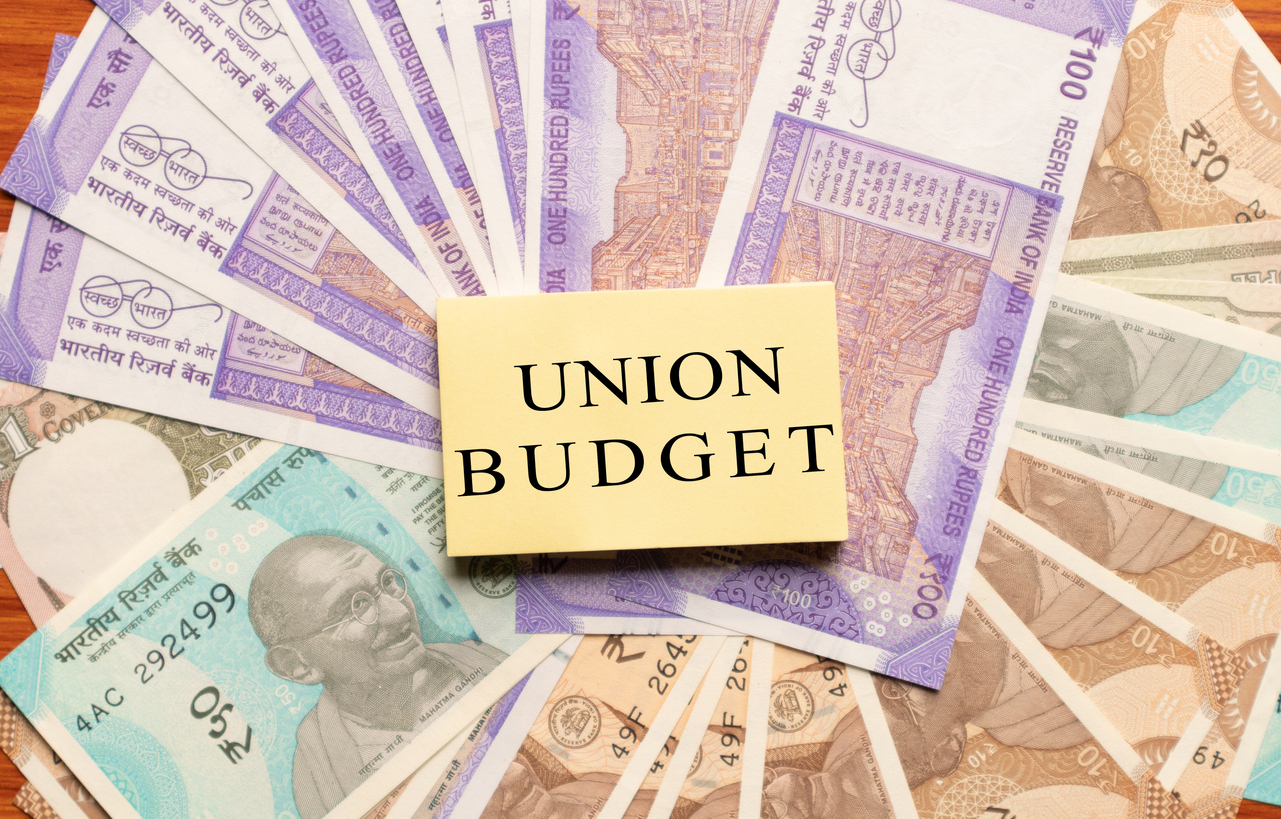
Budget 2023-24 | FM will have to focus on easing tax compliance
Taxpayers are expecting a hike in basic income tax exemption ie. increasing the basic tax exemption limit from Rs 2.5 lakh to Rs 5 lakh, a hike in exemptions under Section 80C and 80CCC, and separate deductions for life insurance and others

Focusing on the growth and welfare of the country has always been the agenda of the Union Budget. Now, as the country is heading towards its last full-year budget from the Modi government as the Lok Sabha election is due in early 2024, the expectations of the taxpayers are also gaining pace to know the budget 2023-24 outcomes.
During the pre-budget consultation held in November 2022, representatives of the stakeholder groups made several suggestions for the forthcoming budget that included a mechanism for green certification to help MSMEs, an urban employment guarantee program to boost employment generation in urban areas, rationalization of income tax, schemes for improving domestic supply chains, reduction of taxes on an electric vehicle, the introduction of EV policy, measures to promote India as a hub for Green Hydrogen, fiscal consolidation, and lower customs duties, among others.
Also Read: Budget 2023-24 | Centre may peg capex, trim subsidy spend: Goldman Sachs
Just as the country is facing inflation and recovering from the COVID pandemic, a lot of attention has to be paid to the measures to be taken for growth while keeping in mind the fiscal deficit and recession. Whether the government will focus on increasing the spending on infrastructure or on tax relief and other financial benefits to the taxpayer is something to be seen.
From the perspective of direct tax, taxpayers are expecting a hike in basic income tax exemption ie. increasing the basic tax exemption limit from Rs 2.5 lakhs to Rs 5 lakhs, a hike in exemptions under Section 80C and 80CCC, the separate deductions for life insurance etc.
Also Read: Budget 2023 | I belong to middle class, understand their pressures: FM
From the indirect tax perspective, the government must deliberate on the following areas:
Setting up of GST tribunal – “Justice delayed is justice denied” As rightly said, even after five years of GST, GST tribunal has not been set up, which is causing undue harassment to the taxpayer. High Courts are overburdened due to the non-setting up of tribunal as taxpayers have no door to knock for justice except that of higher judicial forums.
Amnesty scheme for customs – From time again, the government has advanced the amnesty scheme to settle down past litigations. In FY 2019, introduced Saba Vishwas (Legacy Dispute Resolution) Scheme, 2019 to settle down past litigation under the central excise and services tax law and subsequently, in FY 2020, Vivad se Vishwas Scheme was introduced to settle down cases under the direct tax laws. Now the Government must consider launching a one-time amnesty scheme under the Customs Law to settle the pending litigations to end long-drawn disputes.
Ease customs duties for enhancing the export – The Government must consider the specific issuance of clarification or guidance notes in case there is an industry-wide classification dispute on any specified goods.
Ease of compliance in filing refund claim under custom – A lengthy procedure is followed by the importers in case of filing of refund application as order of assessment including the self-assessment order has to be appealed before filing of refund application. The Government should consider bringing necessary changes in the upcoming budget to ease the compliance procedure for filing of refund under customs.
Reduction in rate of tax on the hybrid vehicle – Electric vehicles are the future of India and are also in demand nowadays. In order to promote EV in India, the Government has already reduced the rate of GST on it to 5%. However, no relaxation was given to the hybrid vehicle despite low emission. As the launch of hybrid vehicles is on the rise in India, the Government must consider lowering down the tax rate in order to boost the automobile sector engaged in supply of hybrid vehicles.
Clarification on taxability on the secondment arrangement between Indian company and foreign company – Major havoc got created amongst the assessee pursuant to the judgment of CCE & ST vs Northern Operating Star by the Hon’ble Supreme Court upholding the applicability of reverse charge on secondment of employee treating the same as manpower supply services. GST Authorities have initiated investigation on many Indian Companies involved in the secondment of employees and such companies have to pay huge quantum of demand. Therefore, in order to bring relief, the Government must come up with a clarification addressing the issue of secondment of employees from overseas companies.In addition to above, the Government must ease compliance in case of imports under the free trade agreement in order to avoid prolonged litigation which arises mostly due to mis-classification issues.
(Ridhima Mehta and Shambhavi Jha are Manager and Consultant, respectively, with KPMG. The views expressed here are personal.)


